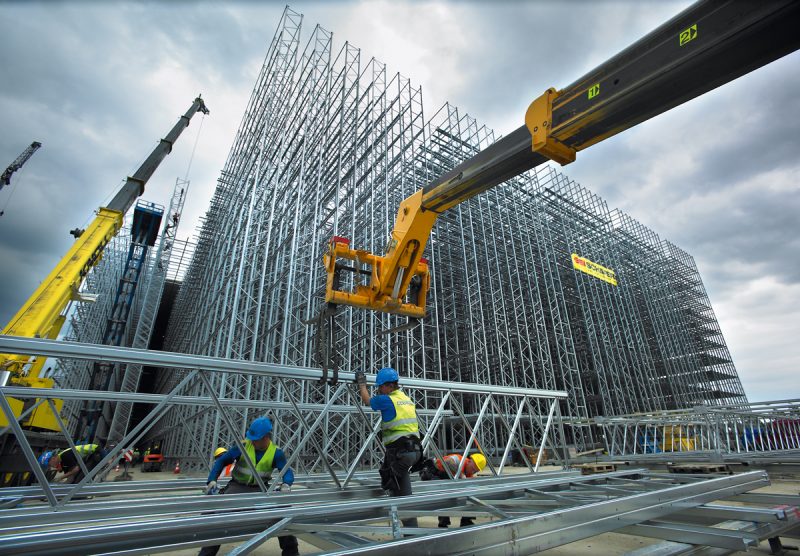What will the world be like in 2045? Indonesia will celebrate its 100th year of independence, but what kind of country will it be?
Indonesia is a nation of great promise, and by almost all economic projections, by 2045, the country will be among the top five economies in the world in purchasing power terms. But what will this actually mean for Indonesians?
To answer that question, we need to take a step back. Since the 1998 financial and political crisis, Indonesia has emerged as a stable democracy. Its economy has been on a sustained growth path and the country has pulled more than 100 million citizens out of poverty. Indeed, the fast-growing middle class is Indonesia’s most praiseworthy achievement of the past 15 years.
The country, however, now stands at a crossroads. Economic growth and success have come with a price; traffic congestion, rising pollution, urban crawl, infrastructure bottlenecks. The population may be wealthier, but is it healthier? As the population continues to grow, will the country be able to feed its citizens?
So, the question is, can Indonesia overcome these challenges over the next three decades? As Pak Tom Lembong, Chairman of the Indonesia Investment Coordinating Board asks, will we be a more just nation, where all Indonesians will have equal access to opportunity in 2045?
The answer depends on the policies and actions we take in the next three decades. Mathematically, Indonesia will have the fiscal space to boost its hard infrastructure with US$1.3 trillion available as well as the ability to send 50 million students for tertiary education.
Today’s fast-paced technological change means that we cannot afford to lag behind other nations. The data revolution means that our past economic growth models will have to be revamped and updated. We must adopt artificial intelligence in our industries as well as in our society, so we can be relevant in the 21st century. The fourth Industrial Revolution will have a great impact on human society whether we like it or not. Already we see that self-driving cars are being developed; new clean energy will power our economies in the future; robots will be prevalent on the factory floor as well as in our homes.
Such rapid change will also mean great upheaval in our society. If we allow it to happen the gap between the wealthy and the poor will widen, leading to social and political unrest as we have already witnessed in many countries around the world.
So what kind of nation will Indonesia be in 2045? To answer that question, we must start the conversation today, so we can plan and take the necessary action starting now. If we can imagine our future, we can work towards it. Indonesia is a land of opportunity, but we still need to work hard to realise that opportunity.
No individual, company or industry can go it alone. The government alone cannot solve all our problems and challenges. We must therefore work together – business, government and civil society to co-create the future.
That is why Indonesia Economic Forum is launching three initiatives that we hope will not only inspire our youth but also empower them. These initiatives have been developed by working closely with our partners such as Campaign.com for DareToDream, Sari Kusumaningrum and Peak Indonesia for Future Leaders Under 40, and Nalin Singh for Get Funded Now.
These are exciting times for Indonesia. We have a unique opportunity to shape our future. A future with liveable cities, greater mobility, a healthy and informed population, and most importantly an equitable society.




